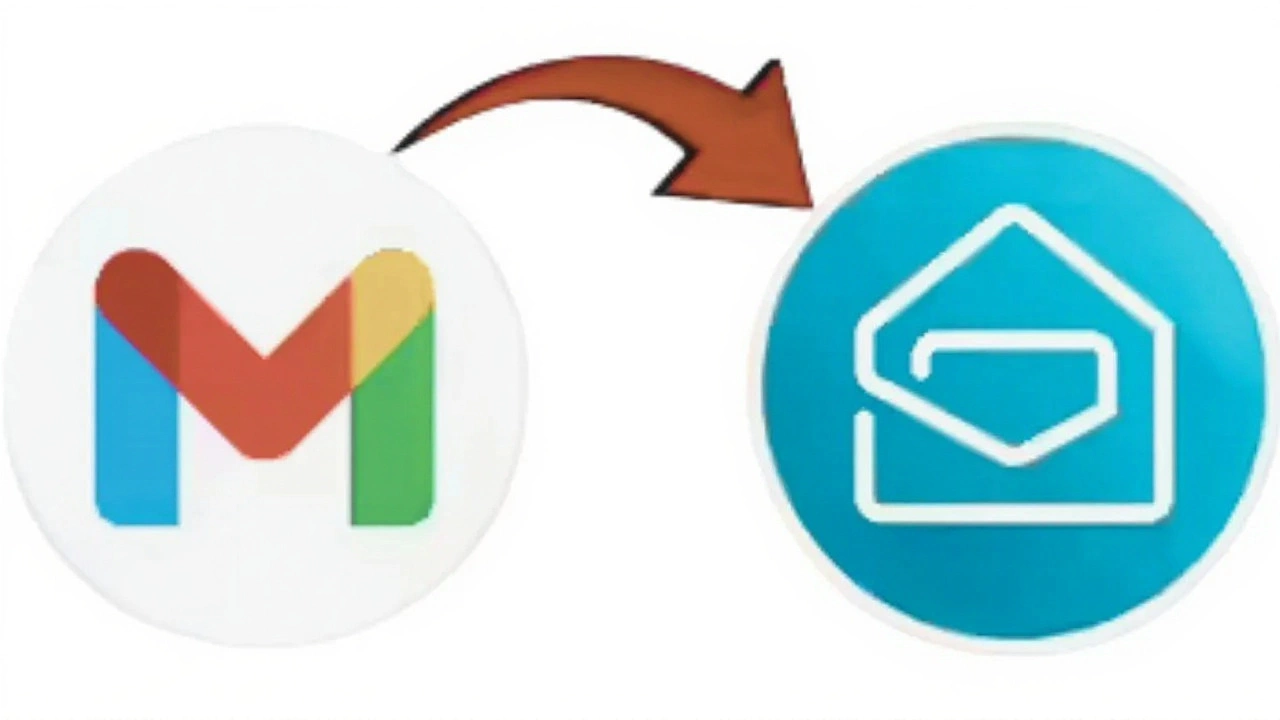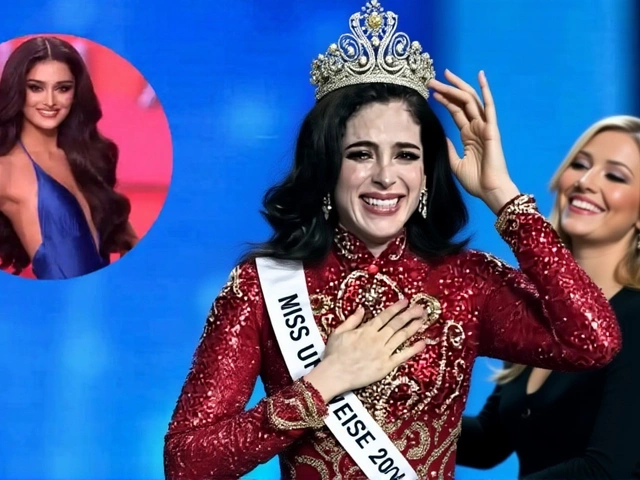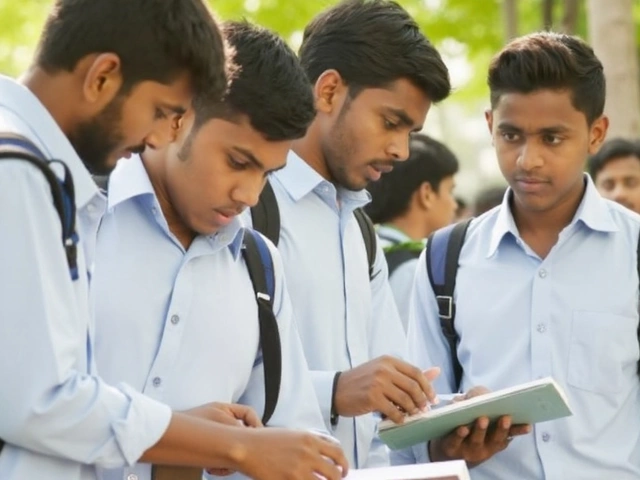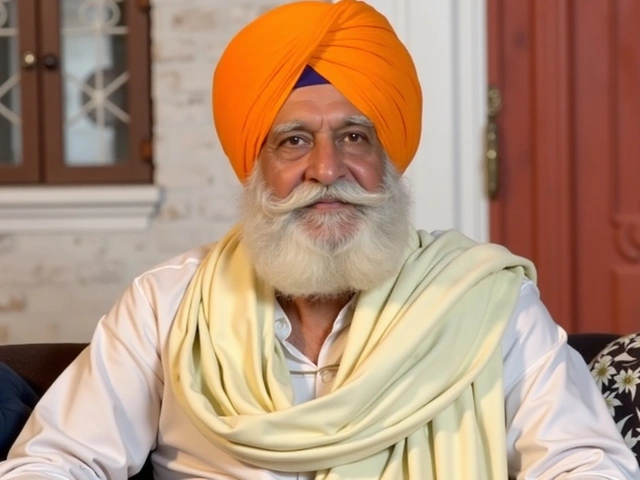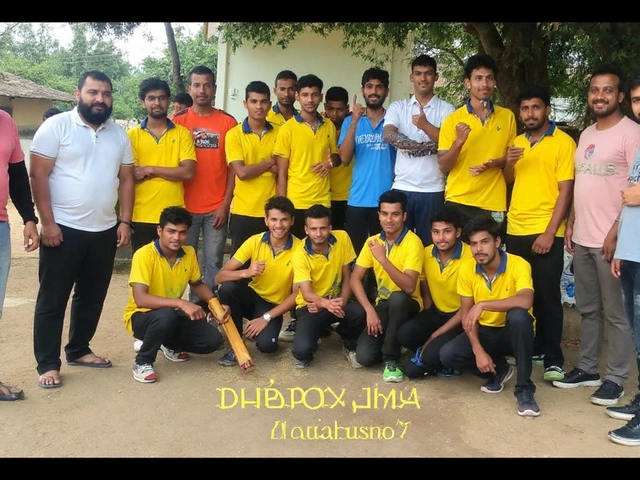Indian Government News and Policies
When talking about the Indian government, the central authority that creates and enforces laws across India. Also known as Government of India, it shapes everything from school calendars to public‑sector hiring and sports promotion. This page pulls together stories that show how those top‑level decisions play out on the ground.
Education moves under government direction
One clear example of government impact is the way state boards schedule exams. The Uttar Pradesh Board, the state education authority that conducts Class 10 and 12 exams in Uttar Pradesh recently released its 2025‑26 calendar. Theory papers are set for February 2026, while practicals will start on Jan 21. The board’s schedule follows the central push for the “Learning by Doing” initiative, a policy aimed at boosting hands‑on learning in government schools. By syncing the timetable with national education goals, the board helps the Indian government raise overall literacy and skill levels.
These changes matter for millions of students because the government’s education policy emphasizes early exposure to practical subjects. When the board says registration closes on Aug 5, it’s echoing a broader deadline set by the Ministry of Education to keep the academic year on track. The link between the central authority and the state board illustrates a classic semantic triple: Indian government → oversees → Uttar Pradesh Board. It also shows how policy translates into concrete dates that students and teachers must follow.
Beyond exams, the government also funds infrastructure upgrades for labs and digital classrooms. Those investments are part of the same policy thread that urges schools to move away from rote learning. So when you read about a board’s new timetable, you’re actually seeing the ripple effect of a national education reform.
Public‑sector hiring and the sports quota
Another arena where the Indian government’s decisions show up is employment. The Rail Coach Factory, a public‑sector unit under the Ministry of Railways that builds passenger coaches announced 23 sports‑quota openings for 2025‑26. Candidates must have at least a 10th‑grade pass with an ITI certificate and be between 18 and 25 years old. Applications run offline from Aug 30 to Sept 29, and the selection process includes sports trials, a written test, and an interview.
This recruitment drive reflects the government's sports‑quota policy, which aims to give athletes a stable career path while they continue training. The policy creates a direct semantic link: Indian government → promotes → Sports quota recruitment. By reserving jobs for sportspersons, the government tries to nurture talent across disciplines, from hockey to swimming. The Rail Coach Factory’s hiring round is one of many such examples where central employment guidelines manifest in specific job postings.
For candidates, the process is more than paperwork. It’s a chance to turn a sports achievement into a long‑term livelihood, echoing the government’s broader vision of “sports for development.” The factory’s emphasis on multiple sports—hockey, wrestling, football, basketball, athletics, swimming, and weightlifting—shows the policy’s inclusive scope.
Sports culture and government influence
Even controversies in cricket tie back to government oversight. The recent confession by former cricketer Yograj Singh, who accused legends like Kapil Dev and Bishan Singh Bedi of sidelining him, sparked debates about how sports bodies operate under the government’s regulatory framework. While the Board of Control for Cricket in India (BCCI) is a private entity, its activities are subject to government‑run anti‑corruption and eligibility rules.
This situation illustrates another semantic triple: Indian government → regulates → Cricket administration. When former players voice grievances, it often leads to policy reviews, stricter selection criteria, or new transparency measures. The story underscores how government policies can indirectly shape the narratives in Indian sports, affecting everything from player selection to fan perception.
In short, whether it’s setting exam dates, opening coach‑factory jobs, or tweaking sports quotas, the Indian government’s decisions cascade through education boards, public‑sector employers, and even cricket’s governing bodies. The articles below capture those ripples in real time, giving you a front‑row seat to policy in action.
Below you’ll find the latest pieces on the UP Board exam schedule, the Rail Coach Factory sports‑quota recruitment, and Yograj Singh’s striking confession—all showing how the Indian government’s policies shape everyday life.
India's Home Minister Amit Shah orders a shift from Gmail to Zoho Mail across ministries, emphasizing data security and indigenous tech. Rollout begins March 2024.
Read More